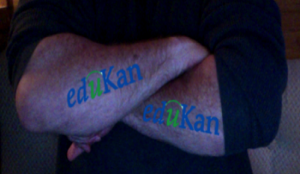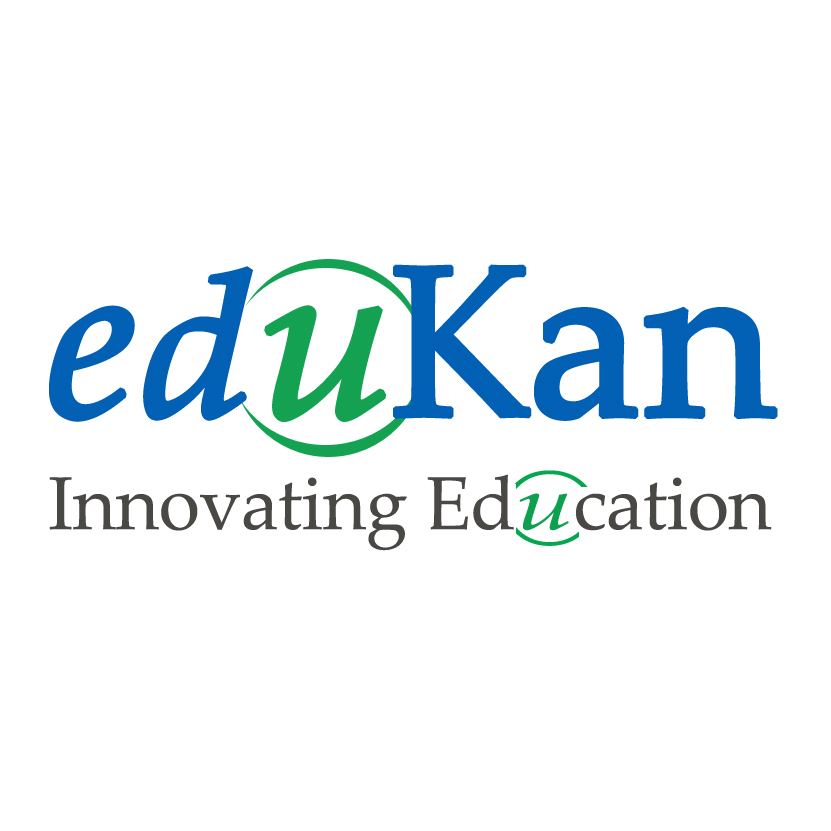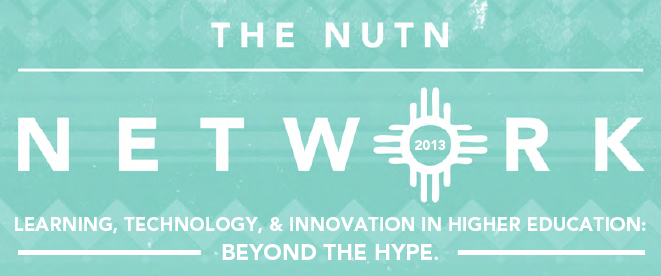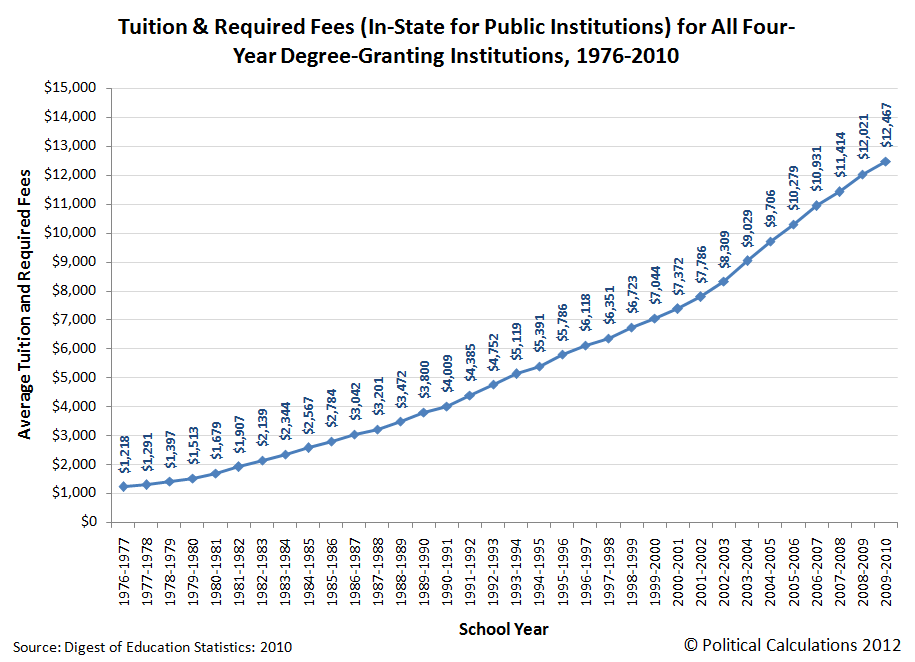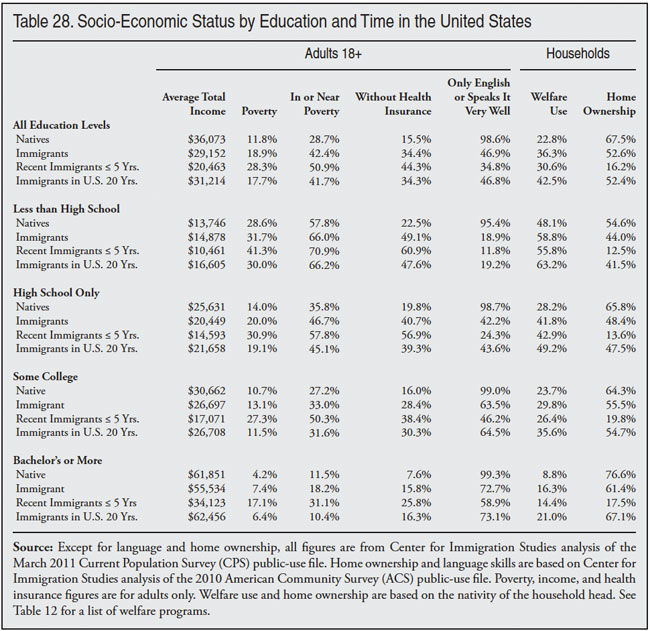Did you see this article “Supreme Court declines case on making online retailers collect sales taxes” in the Washington Post?

For most of us in higher education, we’re struggling with not only how to comply with the state authorization mandate but dealing with the simple fact that this situation even exists. Those private liberal arts institutions without an online presence, you should wake up and pay attention to this because it will impact you more than you can imagine. Also, you might want to pay attention to the Gainful Employment movement currently impending on the for-profits because you are next!
This Washington Post article reported that the Supreme Court of the United States decided not to hear an appeal regarding the collection of sales tax for online retailers. Simply put, states can continue to establish policies regarding the collection of online sales from out of state companies to the citizens of their state regardless if the company has a physical presence in their state. Currently, Amazon collects sales taxes from sixteen states.
Sounds a lot like if you have an online student in our state you need to be authorized to operate as an educational institution in our state…just like you were going to build a brick and mortar building in our fair state! But the good news, the high court felt it was Congress’ responsibility to legislate interstate commerce.
 What could possibly go wrong with Congress involved? Oh wait, didn’t this entire state authorization debacle get started because one Senator wanted to stop the spread of for-profit education. Hey, thanks for the help!
What could possibly go wrong with Congress involved? Oh wait, didn’t this entire state authorization debacle get started because one Senator wanted to stop the spread of for-profit education. Hey, thanks for the help!
Most for-profits already are compliant in most states because they actually have a physical presence there and have a stable of attorneys ensuring their compliance because everyone is shooting for the for-profits to make a mistake. But really, could we have expected a Senator to know this before he submitted the legislation (wait, you mean Senators actually have other people draft the legislation… like 22 year olds and then don’t actually read what it says before submitting it…and passing it!).
Well maybe Amazon will have more influence than a few colleges struggling to keep tuition low and an education attainable for all that desire.
Share your thoughts
What are your thoughts on state authorization? Are you frustrated or have you just given up? Share your thoughts below with me.


